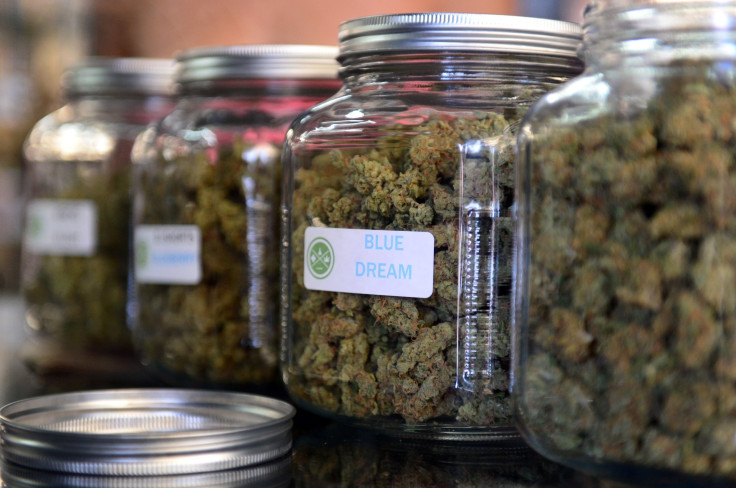New York Marijuana Legalization 2016: Medical Cannabis Dispensaries Slated To Open This Month

New York's medical marijuana program will finally be underway this month when four dispensaries open their doors in early January in New York City, DNAinfo New York reported. But due to a number of obstacles, advocates are concerned that medical marijuana use will be slow to take off in the health industry.
The openings come more than a year after the Compassionate Care Act was signed into law in July 2014 to allow physicians to prescribe cannabis for a number of conditions. Among the 23 states that have legalized marijuana for medical use, New York has one of the stricter programs.
Doctors are required to complete a $249 four-hour course online and register with the New York State Department of Health in order to prescribe patients cannabis for the authorized medical conditions. Patients with prescriptions will then need to apply online to receive the registry identification card necessary to purchase medical marijuana.
The people behind the Answer Page, which runs the mandatory online course for doctors seeking to be registered with the state, said a number of physicians have prepared for licensing since October.
”I can tell you registration [for the course] is brisk," said Stephen B. Corn, a founder of the Answer Page. "It’s been brisk for a number of months, since the end of October, when [the course] launched ... And many, many doctors have successfully, quickly, effectively completed the course."
Four medical offices are currently registered to prescribe medical marijuana, and are located in Manhattan, Queens and Brooklyn.
But advocates have questioned whether under the current guidelines, the state will be able to meet demand. New York has licensed five companies to produce and sell medical marijuana, and each is allowed to open only four facilities.
“There are only going to be 20 dispensaries for a state of 20 million people,” Julie Netherland, of Compassionate Care NY, told DNAinfo New York.
© Copyright IBTimes 2024. All rights reserved.












